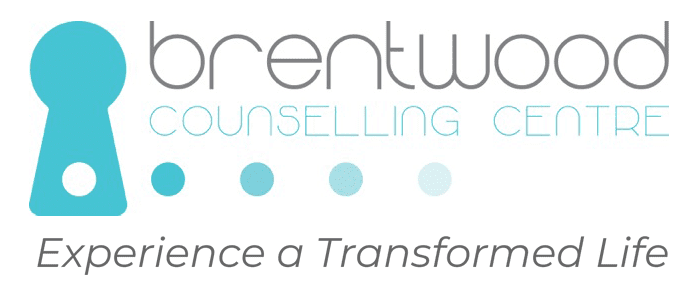Written By: Dr. Gloria Lee, Registered Psychologist
Do your negative thoughts create self-fulfilling prophecies in your relationship? Do you often think of the worst-case scenario that causes unnecessary worry?
You are not alone in this. The human brain is designed to look out for danger and protect itself. Negative thinking is our default setting. Because of this evolutionary design, our negativity bias has helped us to survive over time.
Having said that, in today’s world, there is little need to look out for predators who might eat us alive. It is psych-illogical to have a negativity bias today. But our brain hasn’t caught up to modern day and continues to default to a self-preservation mode, thus, our negative thinking.
When you let your thoughts go unchallenged, the threat can feel real and imminent. Over time, it becomes a bad habit that you automatically think of the worst-case scenario and BELIEVE IT!
In relationships, the negativity bias can show up in sneaky ways. For instance, you might be talking to your friend, partner, or family member. After you share something, there may be a few seconds of silence.
In that moment, your negativity bias kicks in to tell you that you said something stupid or wrong or that you offended this person, this is why they are quiet; they are now mad at you. You conclude that you never should have said anything in the first place. This would have been the safer thing to do.
The error in this scenario is that you don’t check out your narrative when you play out this negative “fantasy” in your head. Moreover, you decide that what you think is true because it FEELS true (i.e., you feel anxious).
But the real truth is, the other person may simply be thinking about what you said or contemplating their response before speaking. There was no ill intent in their pause.
Thus, you must make a conscious effort to catch yourself when you do this, slow down, and ask yourself if there’s any evidence in what you’ve concluded. If there isn’t, there’s a good chance that your negativity bias is at play and you need to check out your narrative with the other party.
In my experience of helping people navigate their relationships, I’ve found that one of the biggest factors contributing to conflicts and misunderstandings is when people don’t challenge their negative thinking and then quickly react from this erroneous conclusion.
So I challenge you, before you conclude that your narrative is correct and you react without checking out the facts, slow down, remember your negativity bias, and confirm your narrative.







